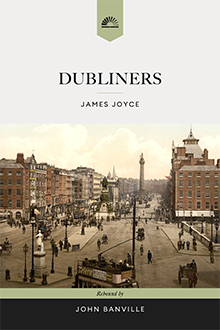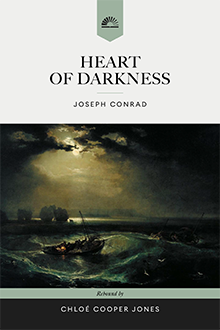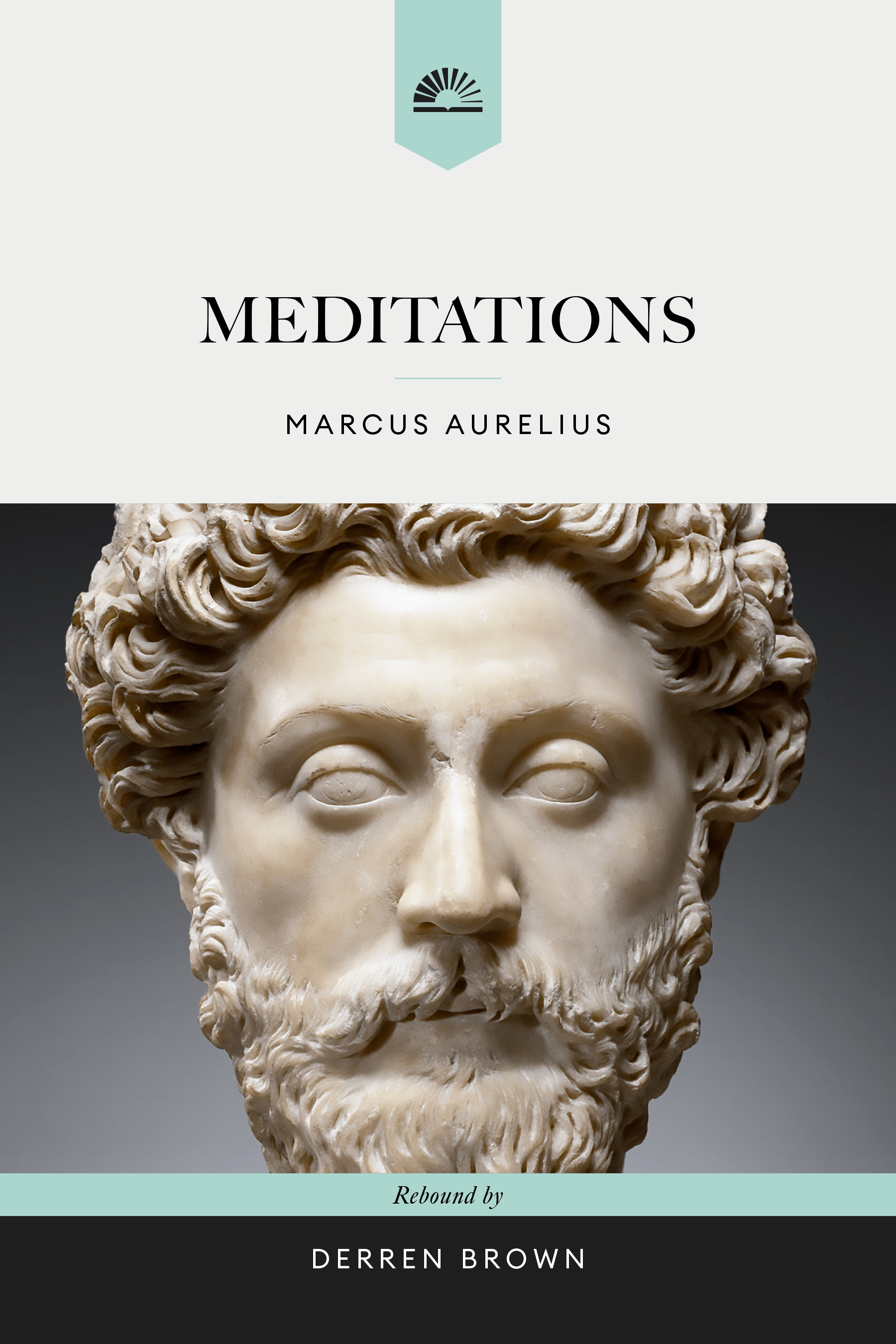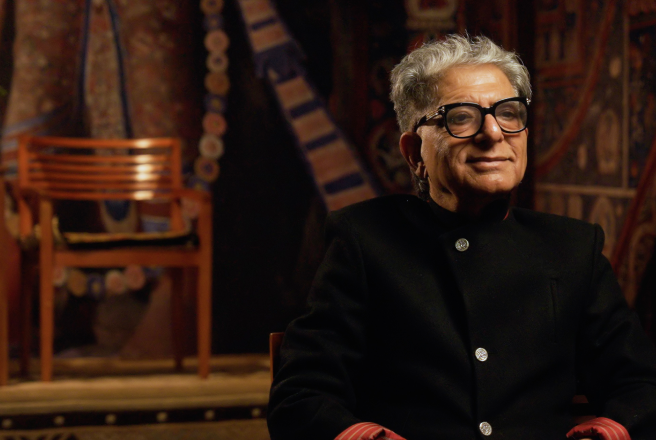Read. Watch. Discuss. Repeat.
Rebind's goal is to open challenging and inspiring books to readers.
About The Varieties of Religious Experience
1902
In The Varieties of Religious Experience, William James undertakes something radical for his time: examining religious life not through theology but through psychology. Based on his Gifford Lectures delivered at Edinburgh University in 1901-1902, James investigates the psychological reality of religious experiences rather than debating their theological truth. His approach legitimized the scientific study of spiritual experiences while respecting their deeply personal nature.
James develops his analysis through careful examination of personal accounts and case studies, creating a typology of religious experience that remains influential today. He explores concepts like the “healthy-minded” versus the “sick soul,” the psychology of conversion, mystical states of consciousness, and the characteristics of saintliness. Throughout, James maintains a pragmatic focus on the effects of religious experiences—how they transform individuals and shape their engagement with the world.
This pioneering work continues to influence fields as diverse as psychology, religious studies, neuroscience, and philosophy. Its lasting significance lies in James’s refusal to reduce complex human experiences to simple formulas or dismiss them as mere pathology. Instead, he created a framework for understanding spiritual life that honors subjective experience while maintaining scientific integrity—an approach that remains valuable in our contemporary conversations about consciousness and meaning.
In order to change, you need to go into a state where your mind is deeply open for all sorts of things and you leave your linear minds.
REBIND FEATURES
You might like
~The world's most intriguing guides open up their favorite books for you.
Tour the classics with a companion and read deeper.
Stay updated on new book releases and features
By signing up for our email list, you indicate that you have read and agree to our Terms of Use.
We respect your privacy.








